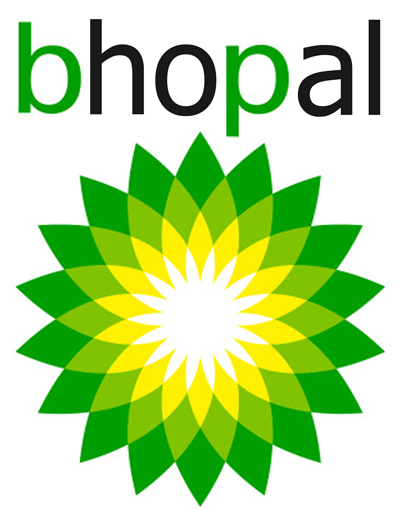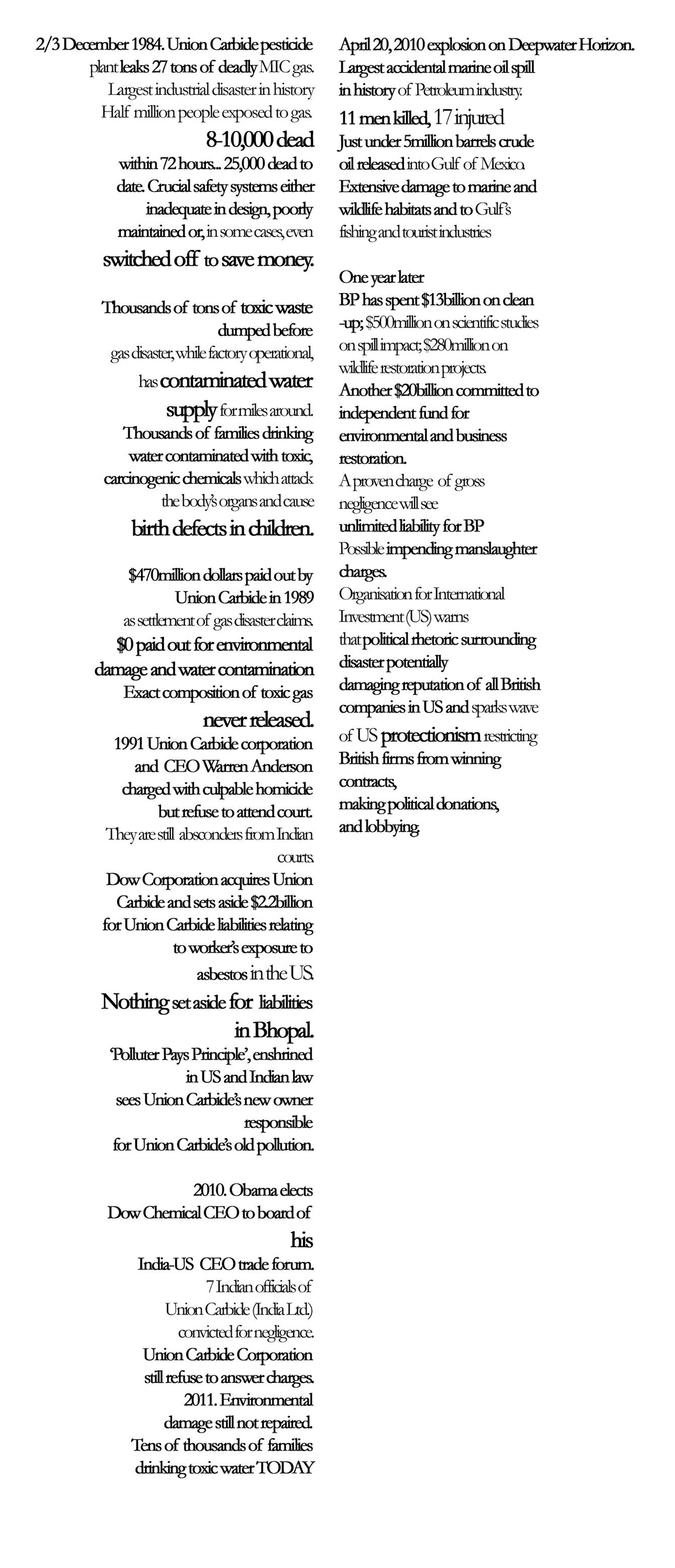
BP has agreed to pay enormous fines to settle legal action over the 2010 Deepwater Horizon oil spill in the Gulf of Mexico. It is a record fine of $18.7bn to settle legal actions brought by the US and several states. The US justice department, along with the states of Louisiana, Mississippi, Alabama, Texas and Florida, all sued BP for damages not covered by the company’s earlier settlements with businesses and individuals.
The settlement adds to the roughly $44 billion BP has already incurred in legal and cleanup costs, pushing its tab for the spill higher than all the profits it has earned since 2012.
According to the Guardian, Jacqueline Savitz, vice-president for Oceana in the US, had this to say: “If the court approves this proposal, BP will be getting off easy and ‘we the people’ will not be fully compensated for the natural resource damages that we suffered, and the law requires that the public is made whole for those damages.
“For these two payments alone, Clean Water Act violations and natural resource damages, BP would be getting away with less than half of what the law would justify,” she said. “The court should not let BP get off the hook without fully compensating Americans for what was lost. A low-end settlement would not only cheat the public, but it would send the wrong message to BP and the other companies that drill in our oceans, telling them that they may not have to pay for the future damages they cause.”
Nobody connected with the Bhopal campaign would suggest for a moment that BP should not be held to account in this manner but how is it that five years after this disaster, which took place on US soil, the case has been settled with the largest fines in history whilst the Bhopal Disaster, which took place in India, has not been properly settled after THIRTY YEARS?
A derisory civil settlement was made for the Gas Disaster, in 1989, and remains mired in controversy. This settlement is repeatedly referred to, by Dow Chemical (current owners of Union Carbide), as full and final and the end of all legal matters, but this is simply not true. Dow Chemical and the Union Carbide Corporation are embroiled in three separate court cases relating to the 1984 gas disaster. A fourth case, pertaining to the contaminated groundwater around the abandoned Union Carbide factory, is pending appeal in a New York District Court after a recent, somewhat controversial, dismissal.
So, if there are 3 or 4 ongoing court cases, what then of Dow’s imputation that a full and final settlement ended all legal issues? In fact, the 1989 settlement only addressed civil claims resulting from the gas disaster and Union Carbide Corporation has NEVER answered the criminal charges outstanding against it.
Dow has total control of UCC but has never produced it to the court. After the 2001 takeover of UCC, Dow used another wholly owned subsidiary to block a 2005 judicial summons, addressed to its Michigan HQ, requesting it explain the non-appearance of UCC but the court removed the blocking order, in 2012, and a summons was eventually issued to Dow requiring it attend on November 12 2014 and explain why UCC has repeatedly ignored court summons. Dow did not attend the court and was then summonsed to appear on March 13, 2015 but, once again, did not attend.
In addition, the 1989 settlement did not address any contamination issues in Bhopal, it did not account for later generations of victims, and the entire settlement was based on incorrect figures for the numbers of dead and injured- a fact that the Indian Government has officially recognized. Consequently, the 1989 settlement itself is currently under challenge by the Indian Government and a ‘curative petition’, before the Supreme Court, seeks to revisit it. The Indian Government’s official position is that the ‘gross inadequacy’ of the 1989 settlement resulted in an ‘irremediable injustice’ and it is now seeking additional compensation, based on higher figures for the dead and injured.
The Bhopal cases are a nasty, sharp thorn in the side of this powerful multinational and, against all the odds, the Bhopal campaign just won’t go away. Dow’s board has argued that it performed due diligence before completing the takeover of UCC in 2001 but, given an ongoing, highly vocal campaign at that time and the existence of various court cases- not least the criminal case- then company officials would seem to have only themselves to blame for their current predicament and the Bhopal issue shows every sign of having more and more impact upon the company’s reputation and bottom line.
But, the question remains as to how differently the aftermath of the Bhopal Disaster would have played out had Union Carbide been an Indian company and had the disaster taken place on on US soil. Sadly, it doesn’t take a genius to guess the answer to that one.
A graphic made just one year after Deepwater Horizon already presents a stark contrast to the Bhopal Disaster:



